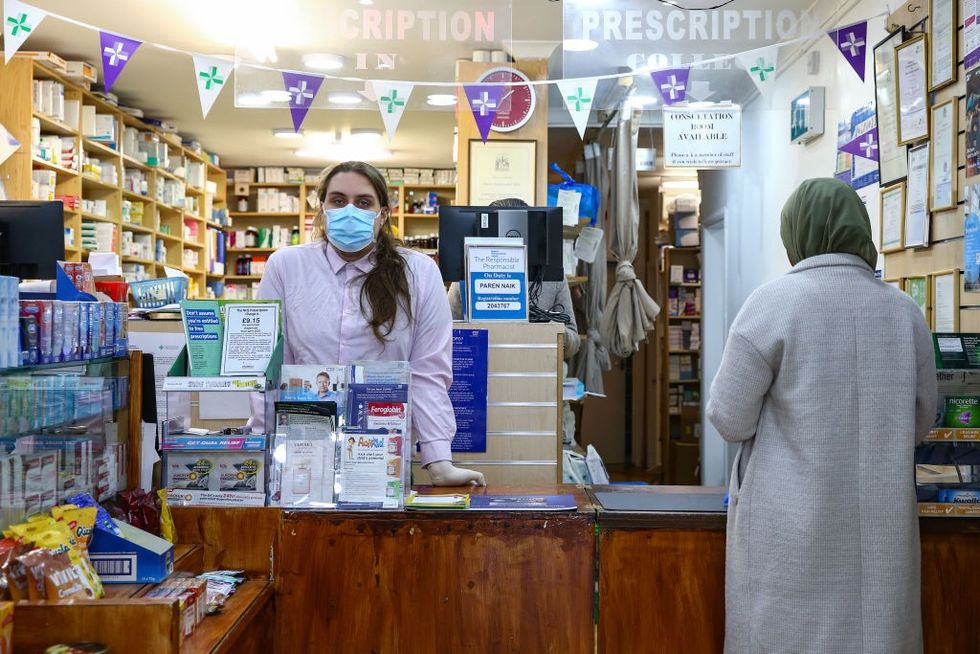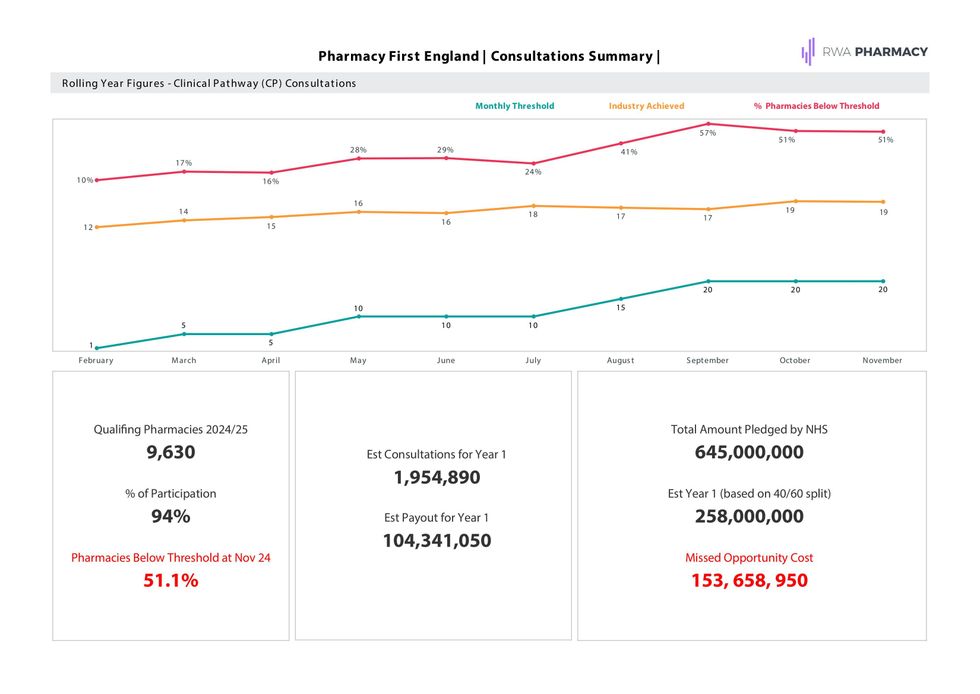Trevor Gore, treasurer and trustee of the Self-Care Forum, explains how pharmacists can help reduce preventable illnesses by promoting self-care practices
Awareness weeks, such as National Self-Care Week (18-24 November 2024), are crucial for spreading important public health messages. At the Self-Care Forum, we believe these weeks are essential for encouraging better health choices.
Pharmacists: Key Players in Self-Care
Pharmacists are uniquely positioned to support self-care. They can provide advice on managing common ailments, medication adherence, and lifestyle changes. During National Self-Care Week, pharmacists can promote self-care practices and educate the public on preventive health measures. And the Self-Care Forum has a variety of free self-care aware fact sheets that are perfect resources to support people’s health.
Impact of Preventable Illnesses
Preventable illnesses significantly impact lives and healthcare systems:
- In 2021/22, there were 125,612 avoidable deaths in England and Wales.
- Cardiovascular disease causes 168,000 deaths annually in the UK.
- Preventable conditions consume 40 per cent of the NHS budget.
- Long-term sickness cost the UK economy £21 billion in 2022/23.
Pharmacists as Frontline Preventers
Pharmacists can help reduce these numbers by offering services like blood pressure monitoring, cholesterol checks, and smoking cessation programmes. They can also educate patients on the importance of regular screenings and vaccinations.
Utilising Self-Care Forum Fact Sheets
The Self-Care Forum provides fact sheets designed to help clinicians and patients discuss self-care within the pharmacy setting. These fact sheets cover a variety of health conditions and include:
- Useful facts about the condition.
- Expected duration of symptoms.
- Red flag symptoms that require professional help.
- Tips for managing symptoms and improving health outcomes1.
Pharmacists can use these fact sheets to guide patients in managing conditions such as sore throats, colds, back pain, vitamin D and more. By providing clear, accessible information, pharmacists can empower patients to take control of their health and make informed decisions. We also have wellbeing fact sheets to help during discussions about general health and wellbeing.
Prevention: Everyone’s Business
Prevention remains everyone’s business. Pharmacists, along with other healthcare professionals, must promote better understanding of physical and mental wellbeing. Despite the complexities of public health, we can use available resources to drive forward messages about screening, physical activity, healthy eating, quitting smoking, and social connections.
Pharmacy’s Role in National Self-Care Week
During National Self-Care Week, pharmacies can:
- Host health promotion events and workshops.
- Provide educational materials on self-care practices.
- Offer free health checks and consultations.
- Collaborate with local health organisations to amplify self-care messages.
The Importance of Awareness Weeks
Awareness weeks like National Self-Care Week are vital. With many organisations promoting self-care messages simultaneously, the reach is wider, the impact greater, and the opportunity for change more significant.
As a well-respected independent Charity and partner of the NHS, Health and Local Authorities, our resources and work are always well-received . Check out the Self-Care Forums free resources at www.selfcareforum.org and sign up for regular updates.










 Harry McQuillan
Harry McQuillan





 Wes Streeting outlines ambitious NHS reform plansPic credit: Getty images
Wes Streeting outlines ambitious NHS reform plansPic credit: Getty images Pharmacies played a critical role during the pandemicPic credit: Hollie Adams/Getty Images
Pharmacies played a critical role during the pandemicPic credit: Hollie Adams/Getty Images




 Shivam Modi
Shivam Modi